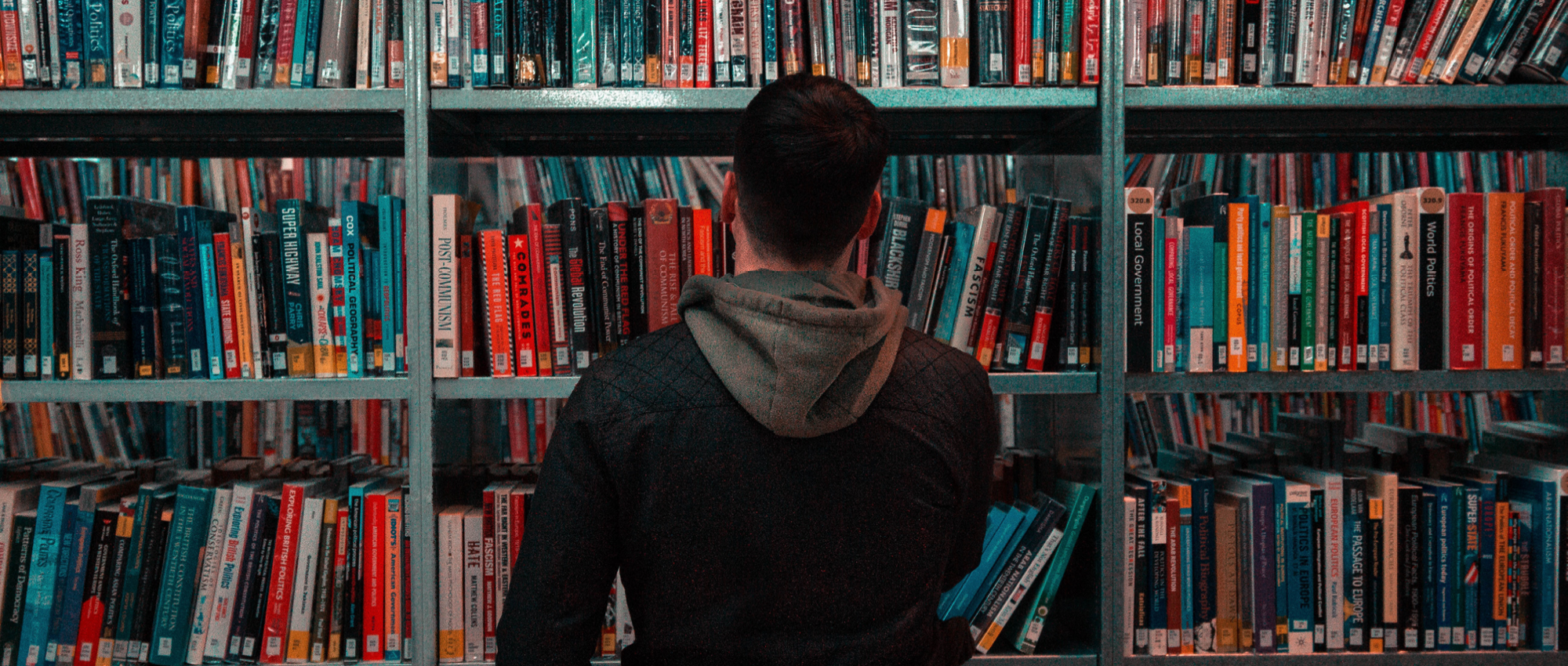

Did you know UBC’s Department of French, Hispanic and Italian Studies offers many courses that are taught in English, have no prerequisites, and are open to students from all backgrounds? Most of them even fulfill the literature requirement for the Bachelor of Arts!
Explore the following courses that are offered in Winter Terms 1 and 2. It’s not too late to register.
Winter Term 1
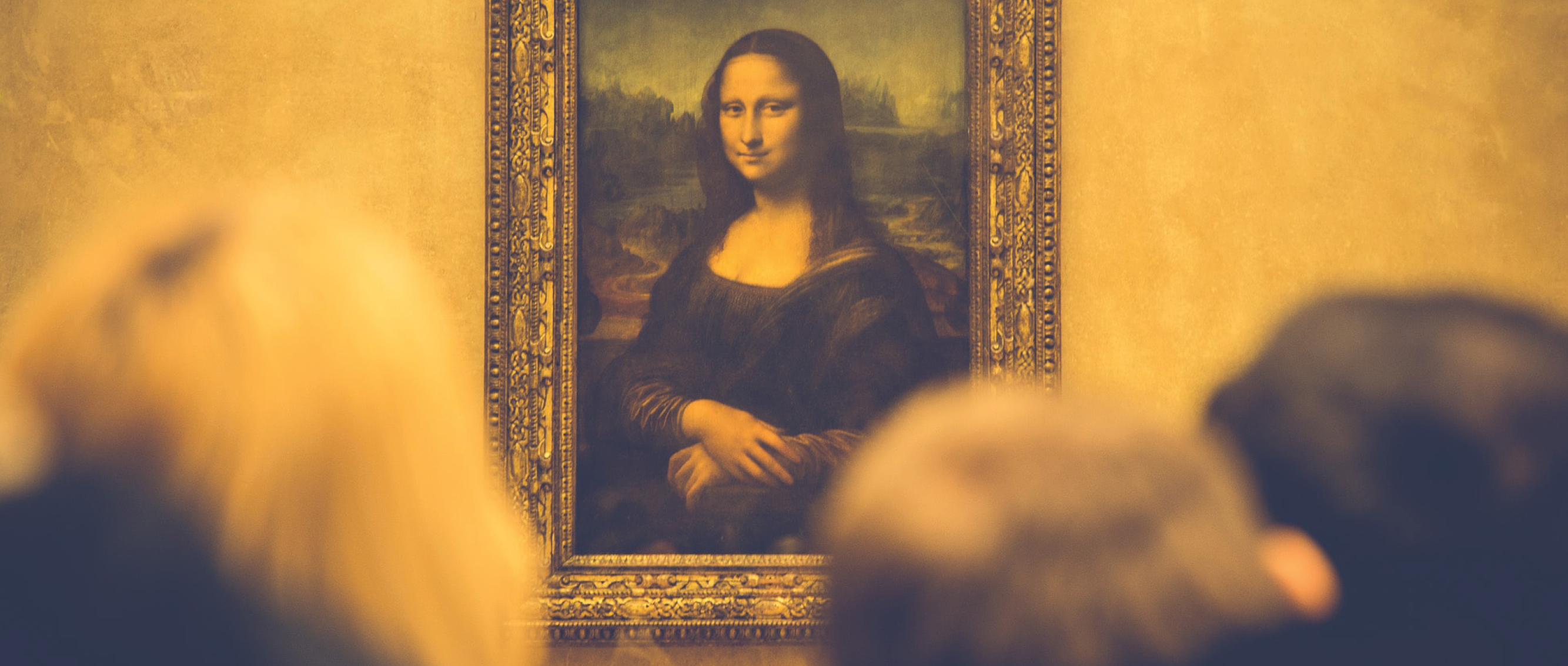

ITST 231: Introduction to Italian Culture I (Middle Ages to the Early Modern Period)
Fulfills the literature requirement of the Bachelor of Arts.
Cross-listed with ITAL 303.
Explore the shift from the Medieval to the Early Modern worldview through some of the major representatives of the verbal and visual arts, from Dante to Machiavelli, from Giotto to Leonardo.
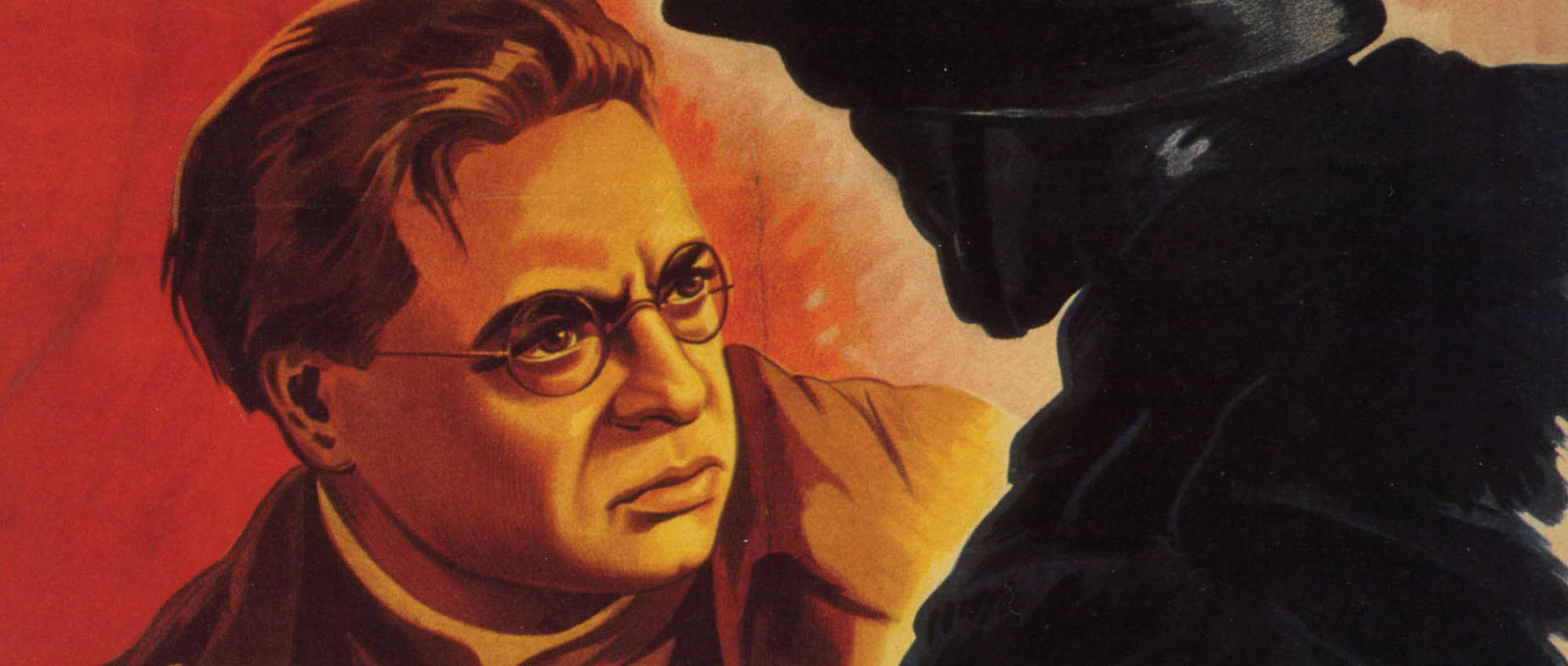

ITST 234: Introduction to Italian Cinema
Explore one of the world’s most respected and influential cinematic traditions by analyzing the historical, social, political, and aesthetic aspects of each Italian film. Topics include war destruction, economic reconstruction, family, religion, industrialization, work, migration, identity diversity, and organized crime.
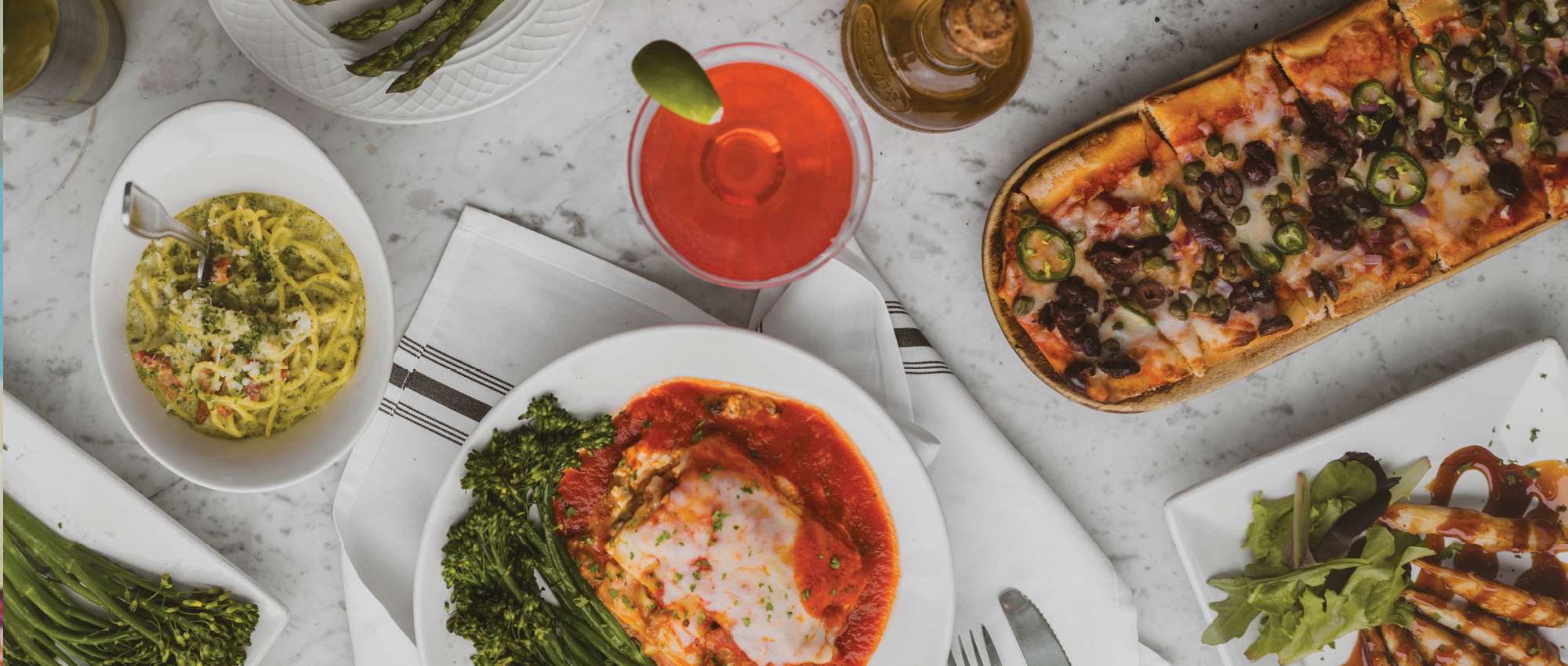

ITST 380: Italian Food Cultures
Examine representations of Italian or Italian-derived foodways and the role they play in articulating larger issues concerning contemporary Italy, including regionalism, anti-globalization, family history, gender and sexual identities, Italian American food, tourism in Italy, and immigration to Italy.
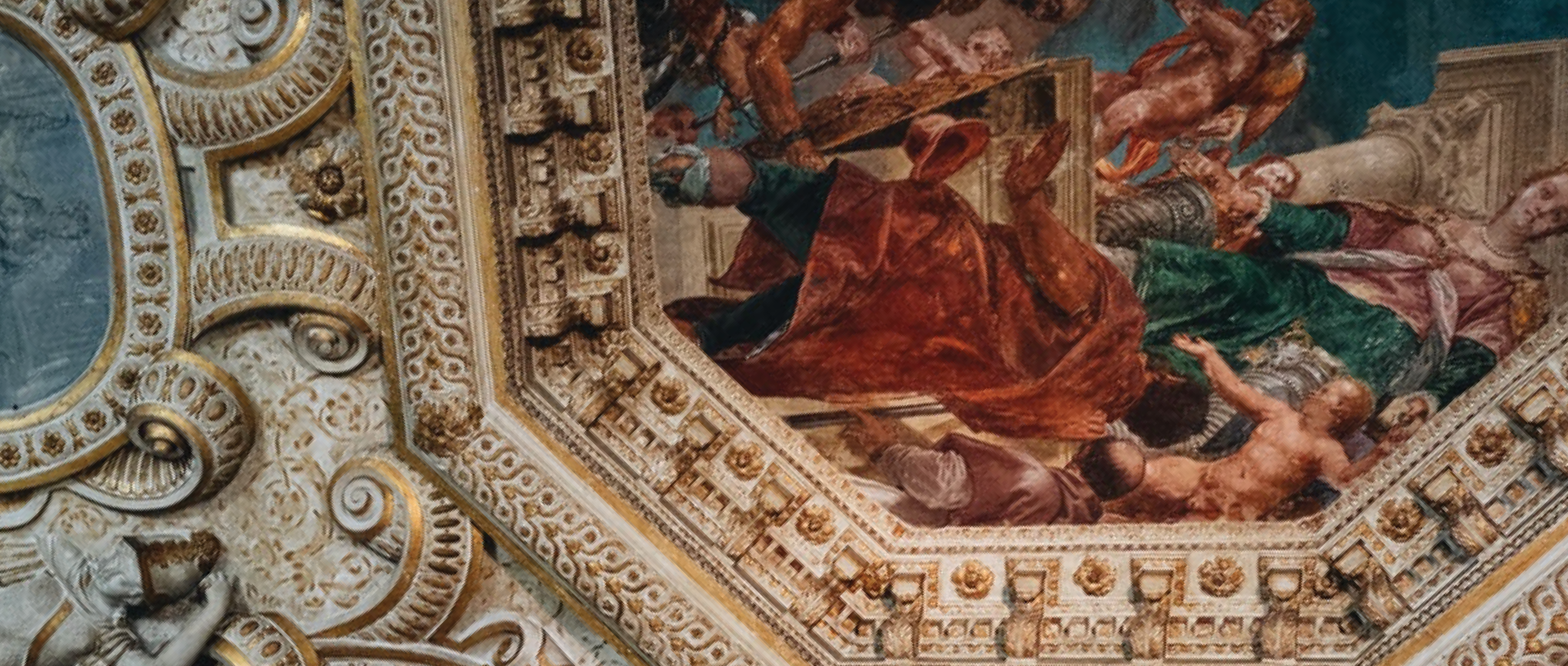

ITST 415: Italian Literature and Culture of the Renaissance
Fulfills the literature requirement of the Bachelor of Arts.
Masterpieces of the Italian Renaissance in literature and the other arts. Authors and artists studied range from Pico to Ariosto and Machiavelli, from Botticelli to Leonardo and Michelangelo.
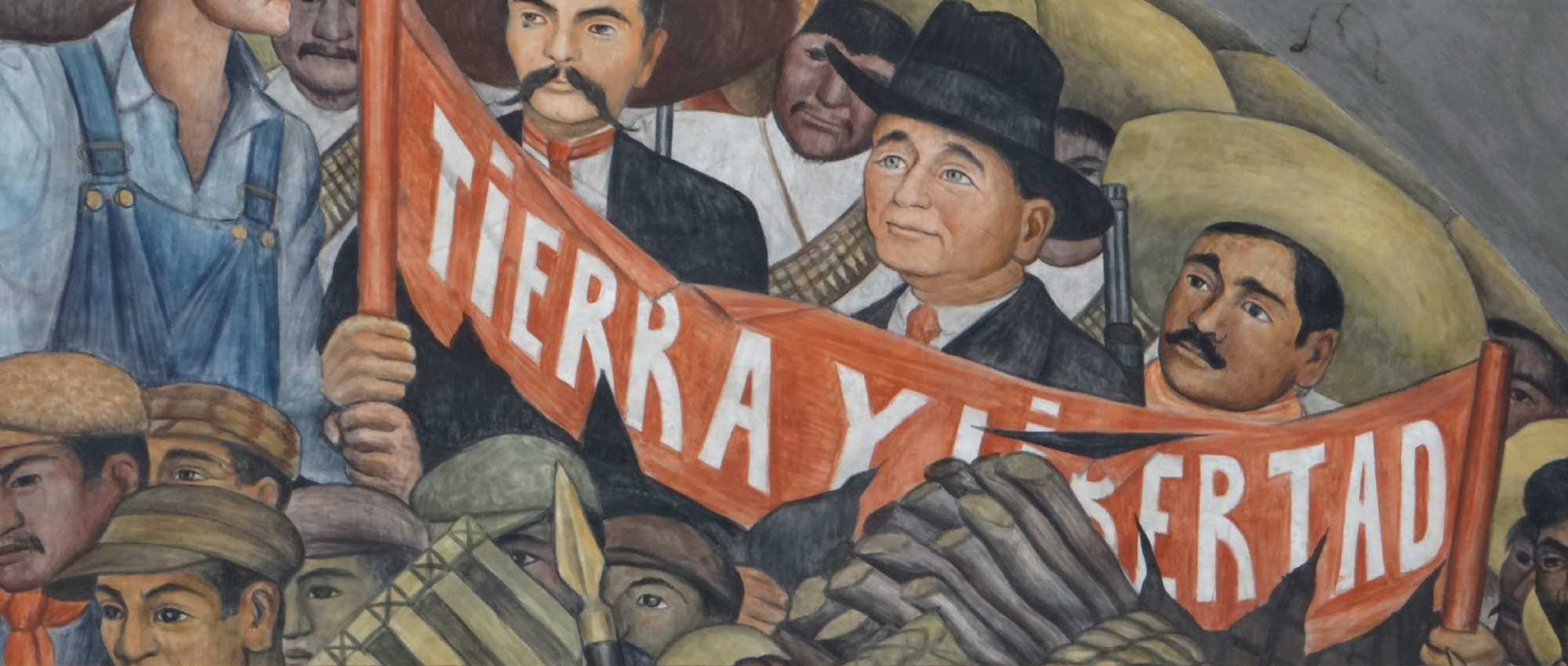

LAST 100: Introduction to Latin American Studies
An overview of the culture and society of Latin America from ancient to contemporary times, from Argentina to Mexico. Particular attention is paid to the ways in which the region is constructed and represented, and to the cultural politics of race, gender, and class.
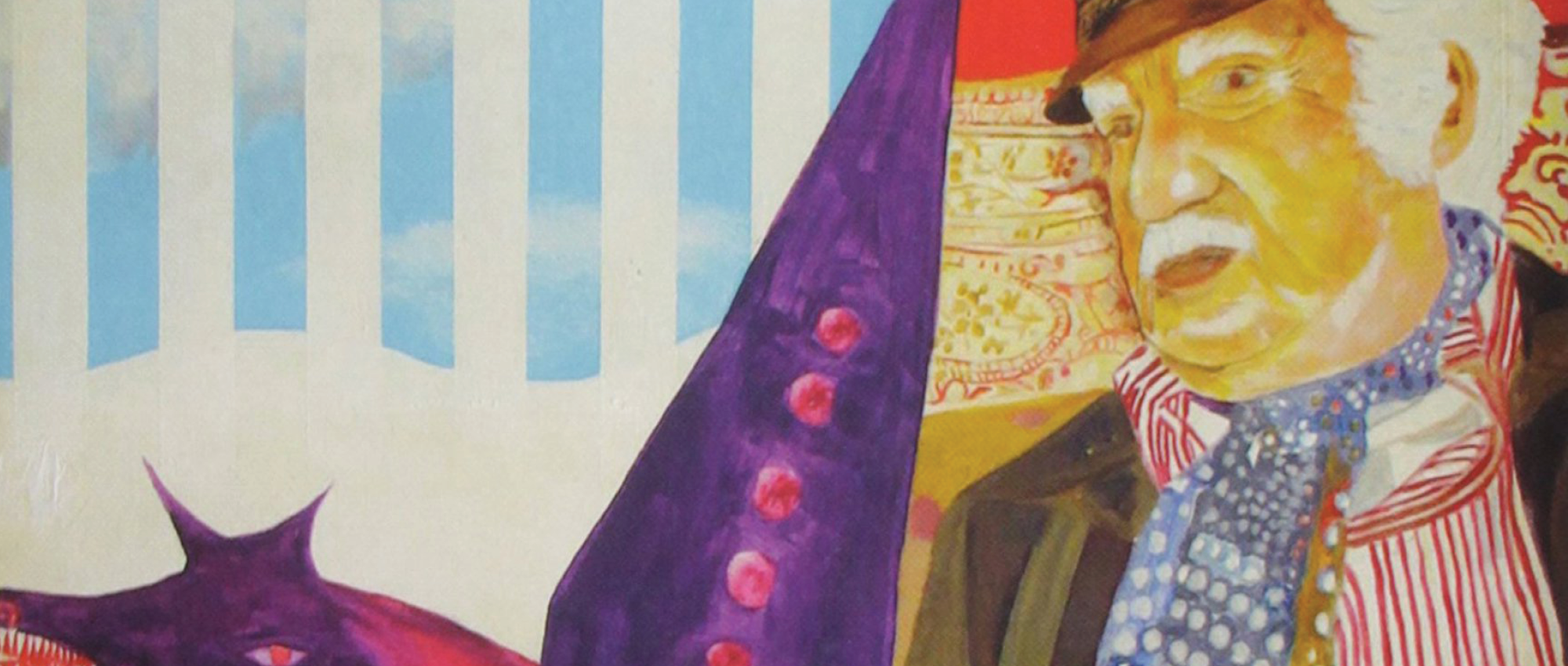

PORT 392: Introduction to Brazilian Literature
Fulfills the literature requirement of the Bachelor of Arts.
Explore modern and contemporary Brazilian literature in relation to history, social dynamics, difference and politics. We will read literary texts by major authors and will discuss drastic changes, examining Brazilian culture within larger global contexts.
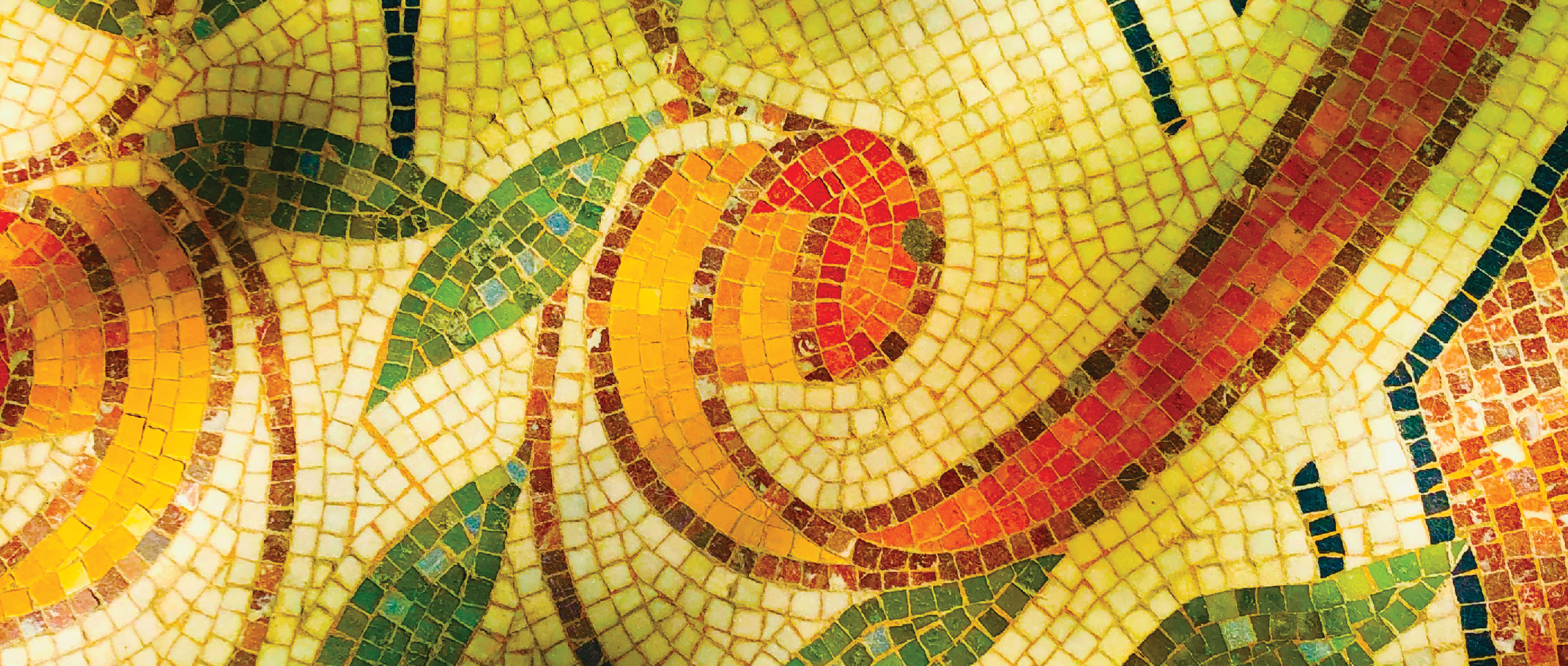

RMST 201: Introduction to Literatures and Cultures of the Romance World I (Medieval to Early Modern)
Fulfills the literature requirement of the Bachelor of Arts.
An introduction to the main themes that shaped the Romance World as its different national identities emerged in the Mediterranean sphere.
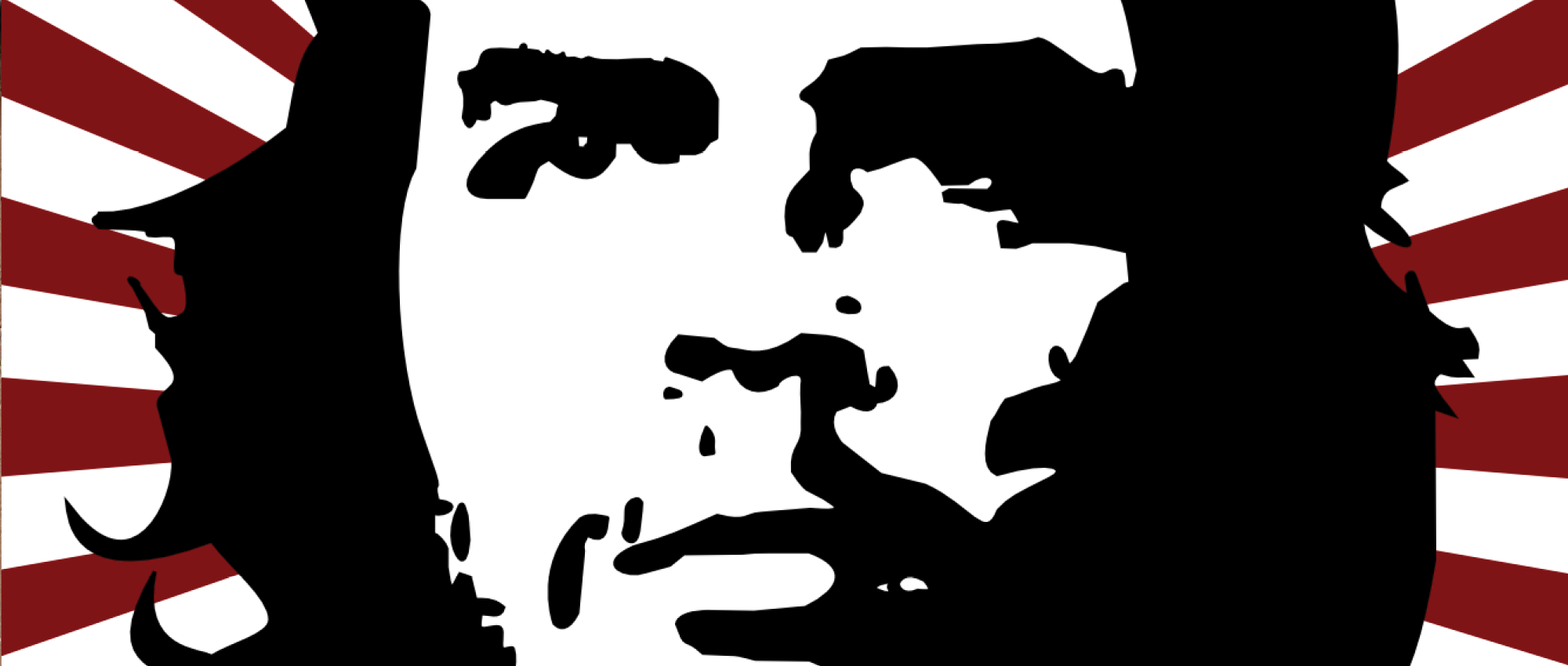

SPAN 280: Revolution!
Fulfills the literature requirement of the Bachelor of Arts.
Revolutions challenge the status quo. Revolutionary leaders imagine change in times of conflict. This is an introduction to major icons, concepts, practices, and discourses of revolt and revolution from 1910-today. Read first-hand accounts of “unfinished” revolutions written by and about the most prevalent rebel thinkers.
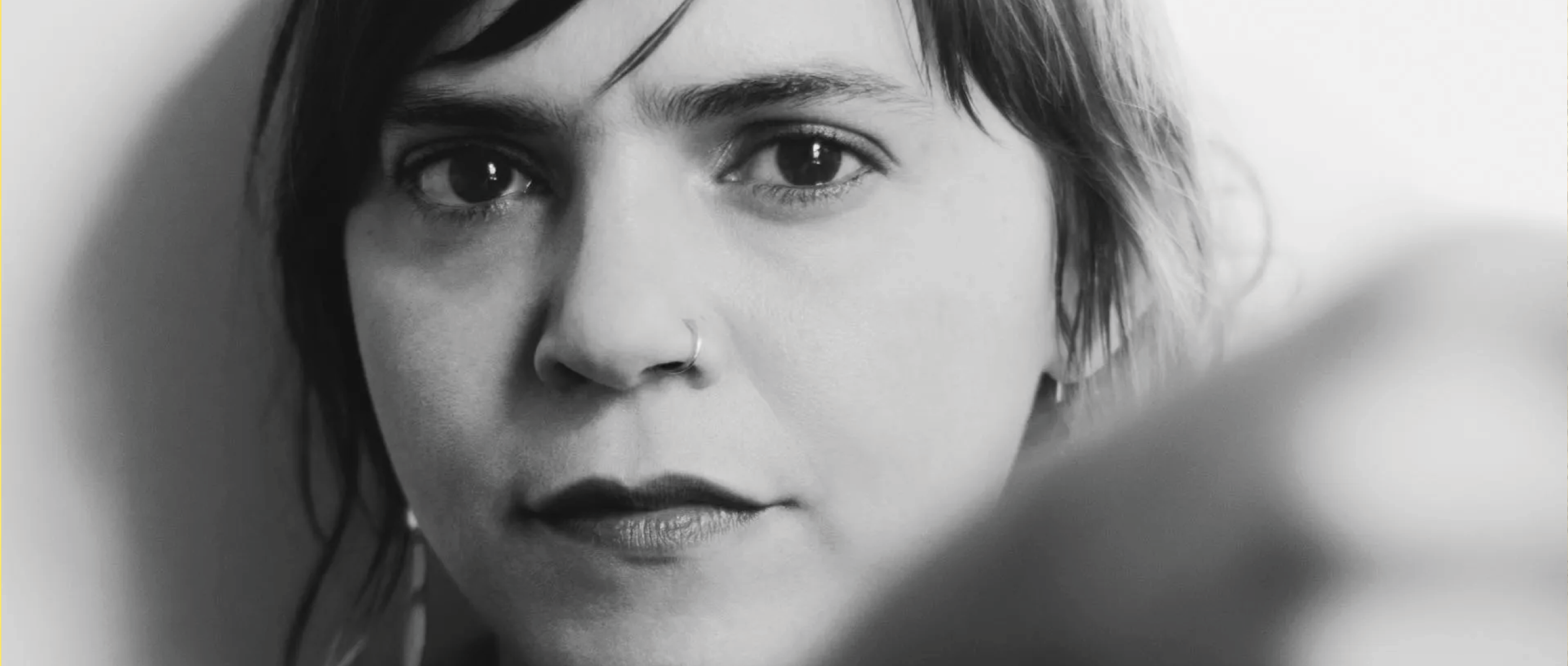

SPAN 312A: From Dictators to Detectives: Latin American Literature of the 20th and 21st Centuries
Fulfills the literature requirement of the Bachelor of Arts.
An introduction to key Latin American literary texts of the 20th and 21st centuries in relation to their authors and the social, political, and cultural contexts in which they were produced.
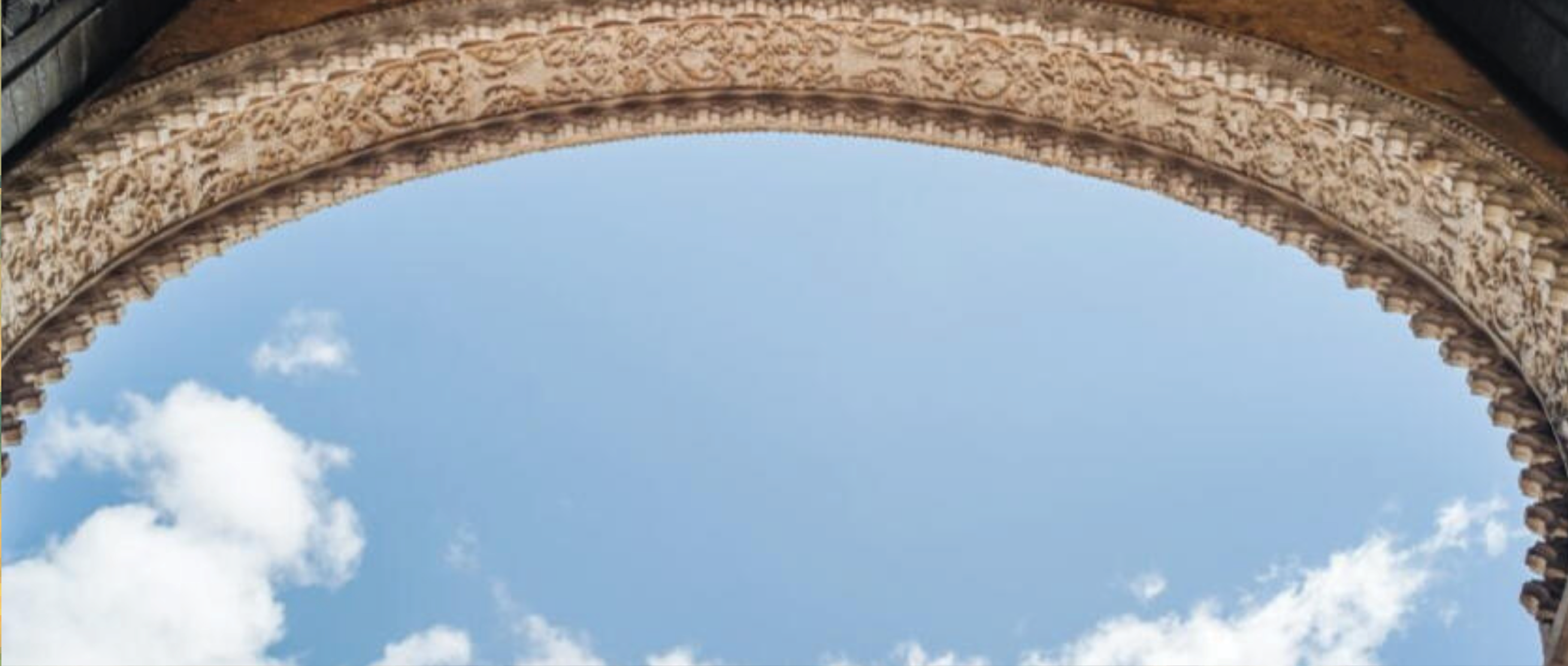

SPAN 312B: Islamic Medieval Spain in Literature, History and Cultural Memory
Fulfills the literature requirement of the Bachelor of Arts.
A student-directed seminar that invites students to examine the nexus of identity, race and power in Medieval Spain as a marker of transition towards ‘modernity’. Cross-listed with HIST 390D.
Winter Term 2
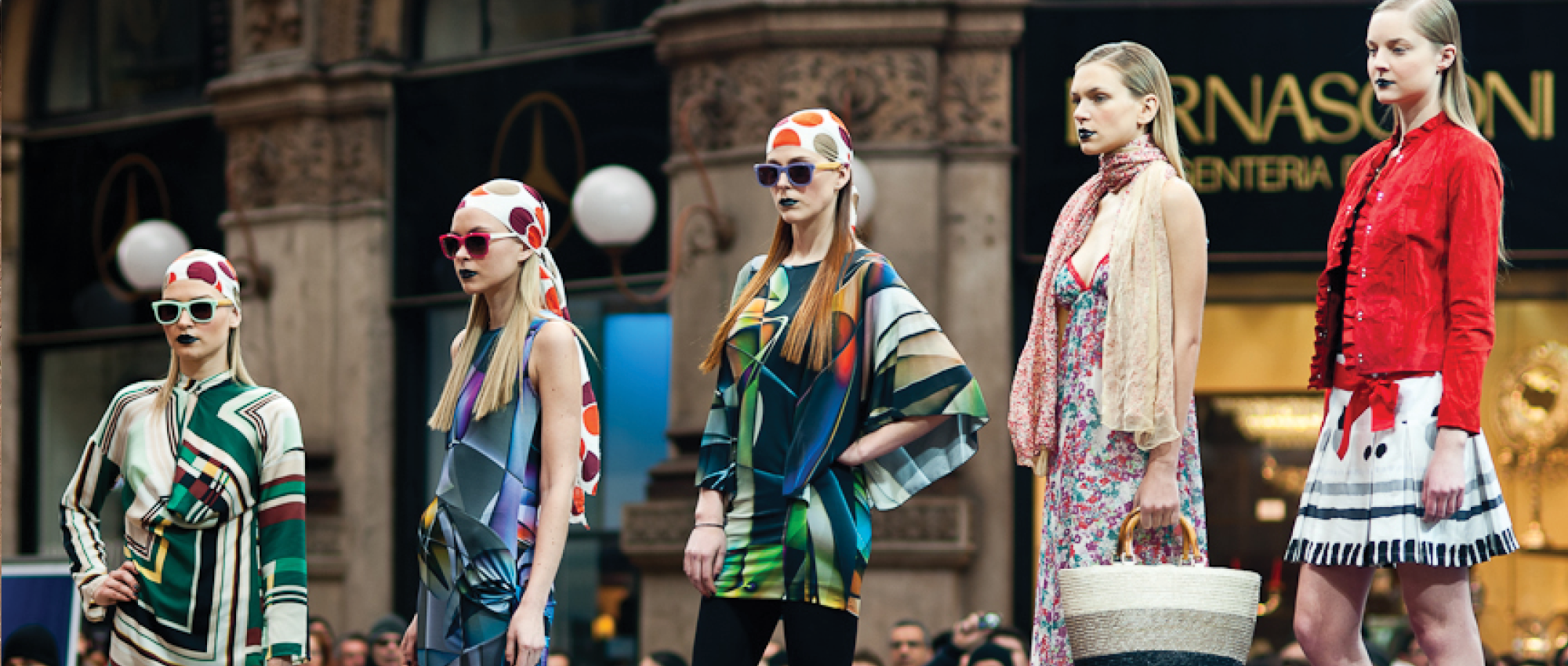

Milano Fashion Week & Design, 02/2011 | Source: Flickr (Mat's Eye)
ITST 110: Creativity at the Service of Form, Aesthetics and Beauty
Explore what makes Italian creativity and style highly recognizable across the globe, how these distinctive cultural traits came about and what they teach us about the power of form, aesthetics and beauty at a local and transnational level.
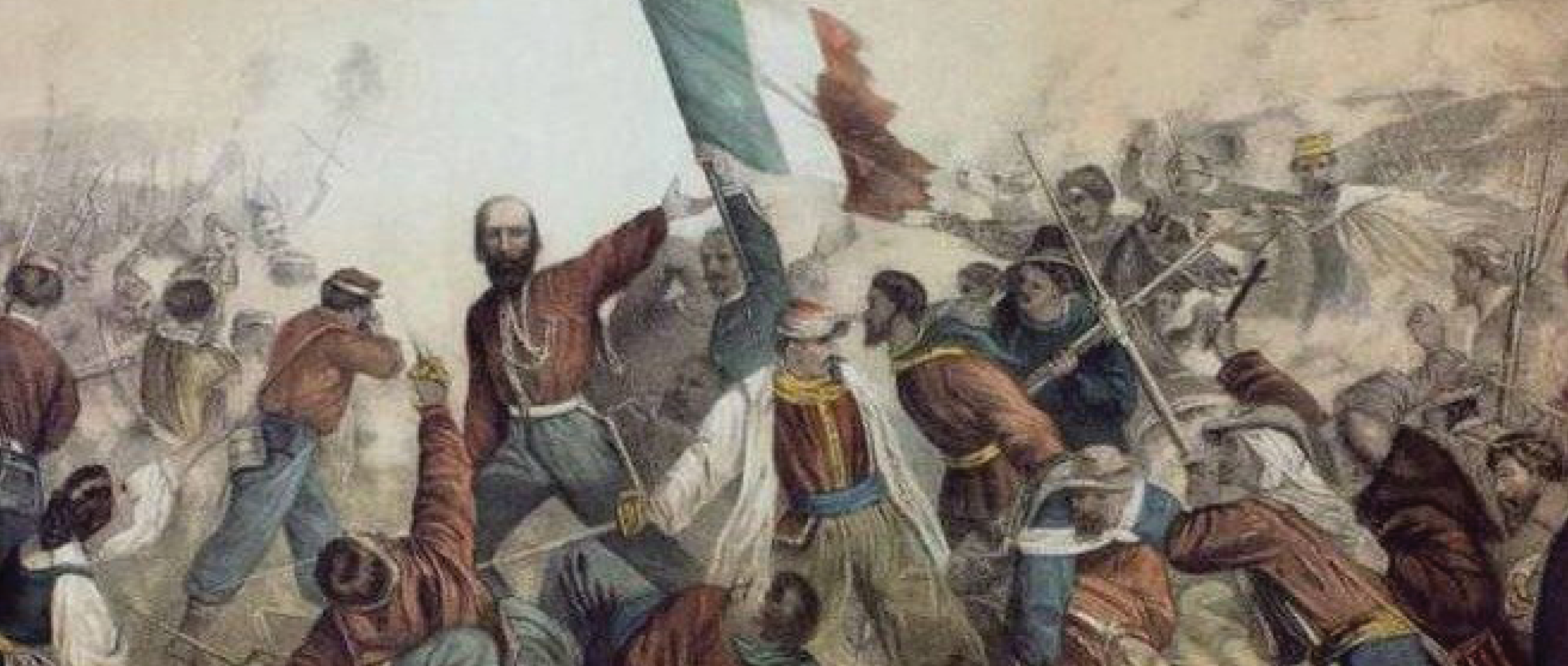

ITST 232: Introduction to Italian Culture II (Modern to the Post-Colonial Age)
Fulfills the literature requirement of the Bachelor of Arts.
Cross-listed with ITAL 304.
Explore the debate around nation vs. empire vs. republic, from the Napoleonic age to our days, as captured in Italy's microcosm, condensing and often anticipating issues that have later become global.
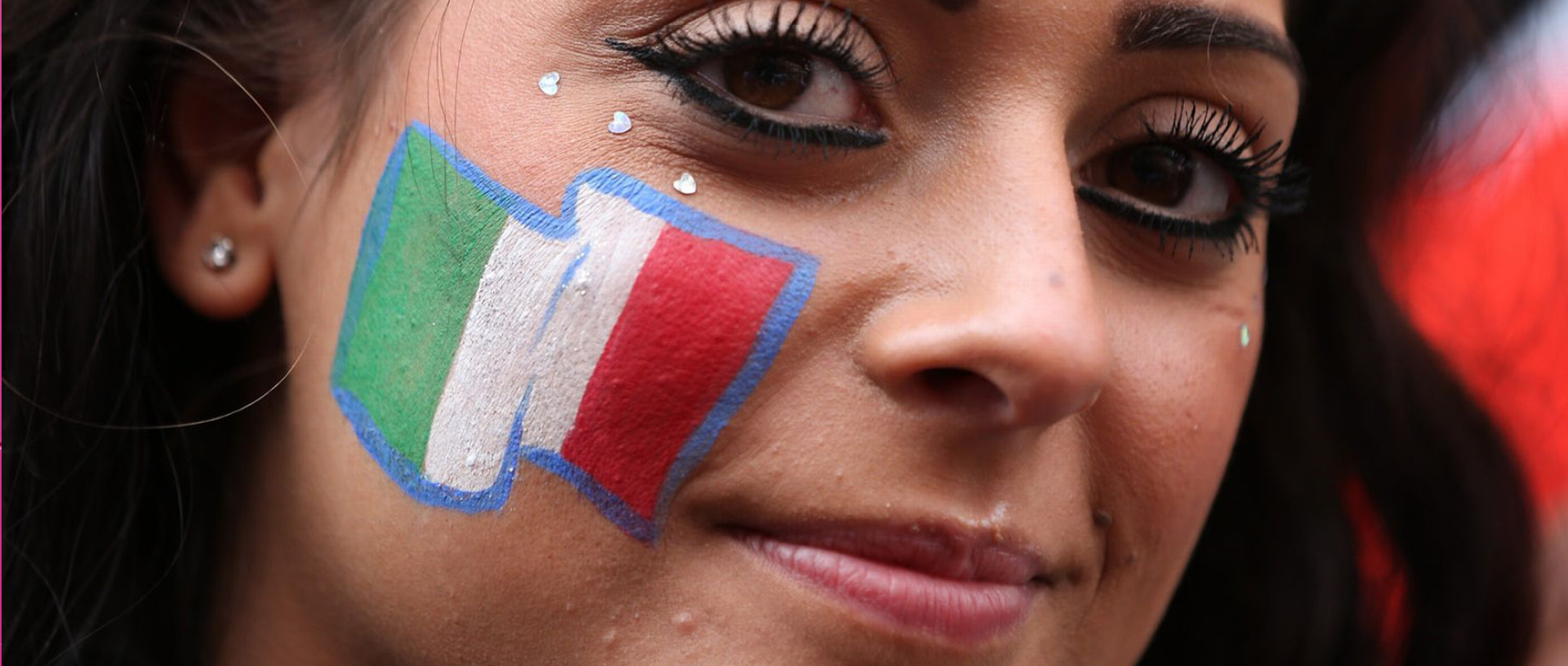

ITST 333: Masterpieces of the Novella in Italian Literature
Fulfills the literature requirement of the Bachelor of Arts.
Journey into the hearts and minds of Italians by reading seven novellas that show how, when and where Italians are at their best, worst, and most authentic.
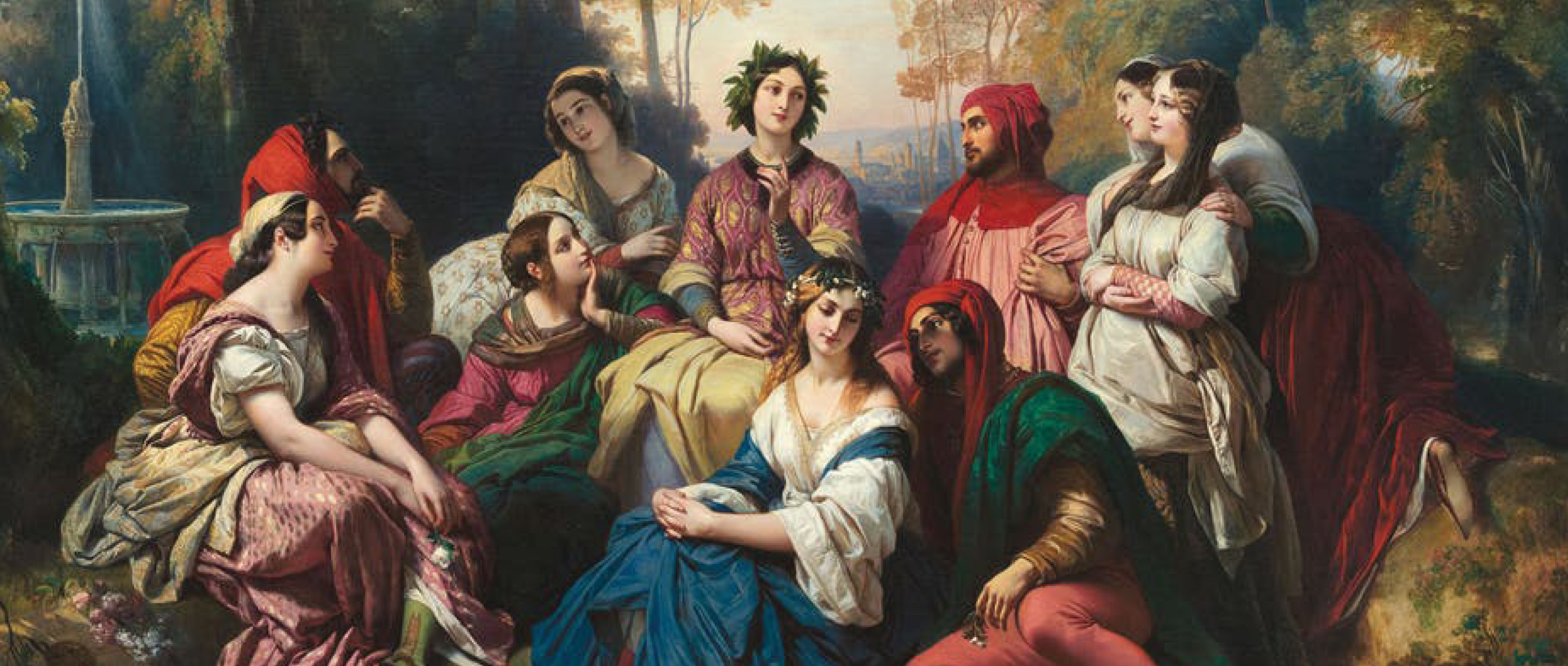

ITST 419: COVID-19, Manzoni, and Boccaccio — Pandemics in Italian Literature and Culture
Fulfills the literature requirement of the Bachelor of Arts.
Examine three key pandemics in Italian history that have inspired literary and cultural outputs of exceptional quality: the Black Death (1346-1353), the Italian Plague (1629-1631), and the COVID-19 pandemic.
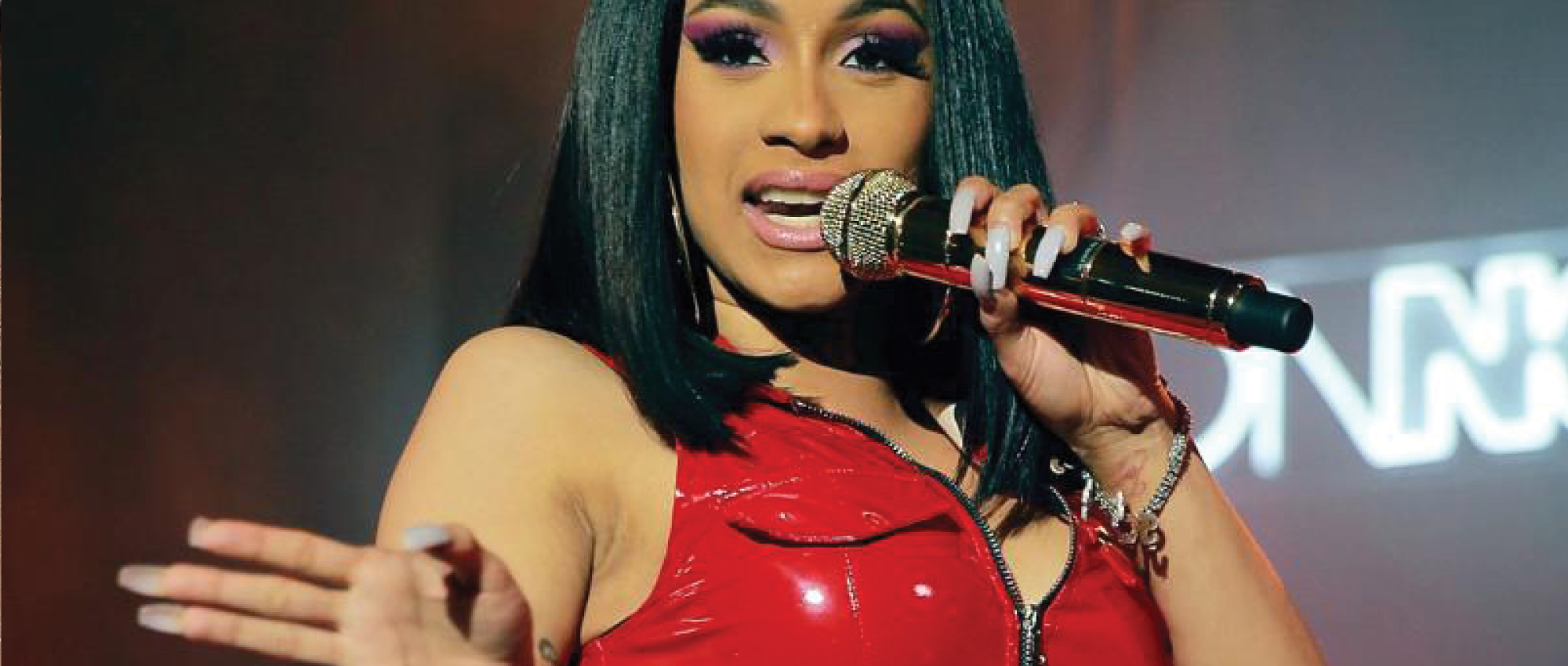

LAST 201: Introduction to Latin American Studies
Explore various manifestations of popular culture that contributed to build national identities in contemporary Latin America—including cinema, art, social movements, sports, and more—in connection to fundamental concepts, such as race/ethnicity, gender, cultural politics, hybridity/transculturation, and globalization.
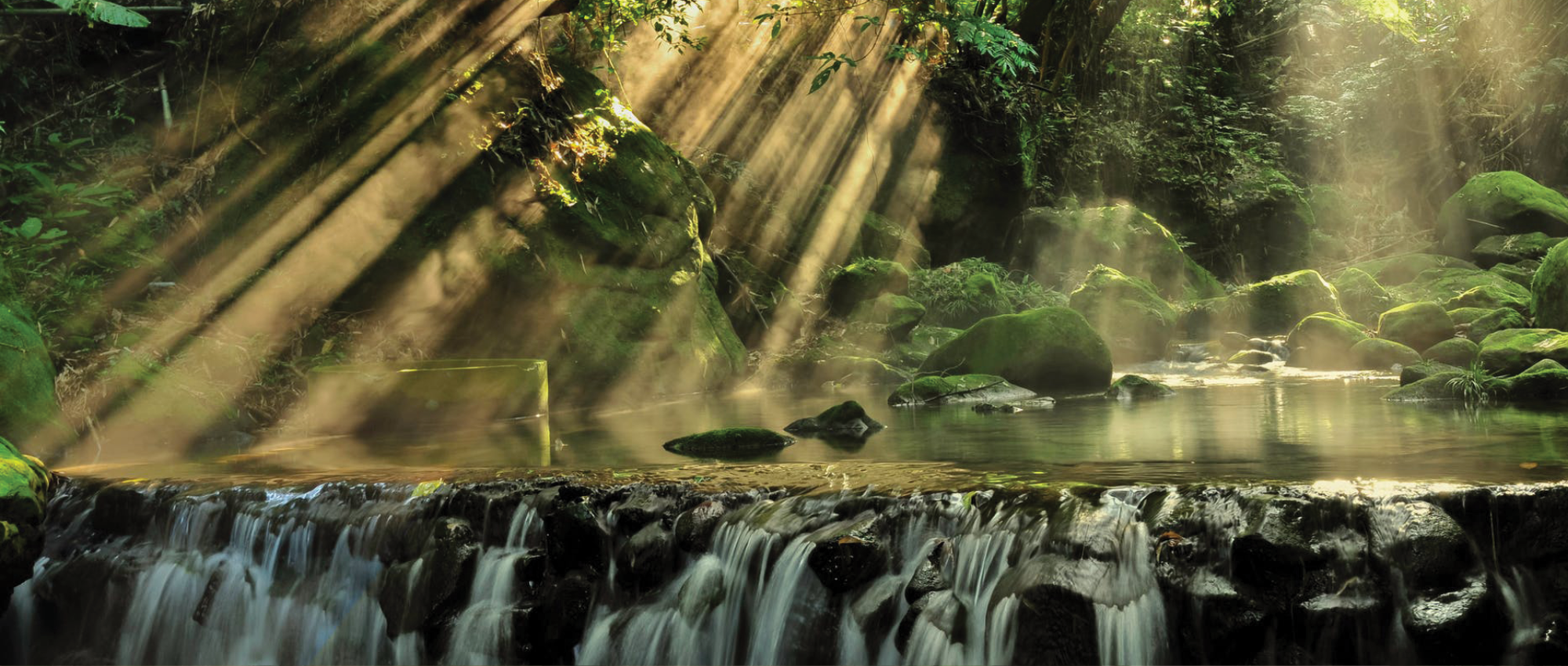

PORT 405: Amazonia
Fulfills the literature requirement of the Bachelor of Arts.
Explore pressing environmental and cultural issues of our time through the study of the Amazon rainforest as it is represented in literature, films and media.
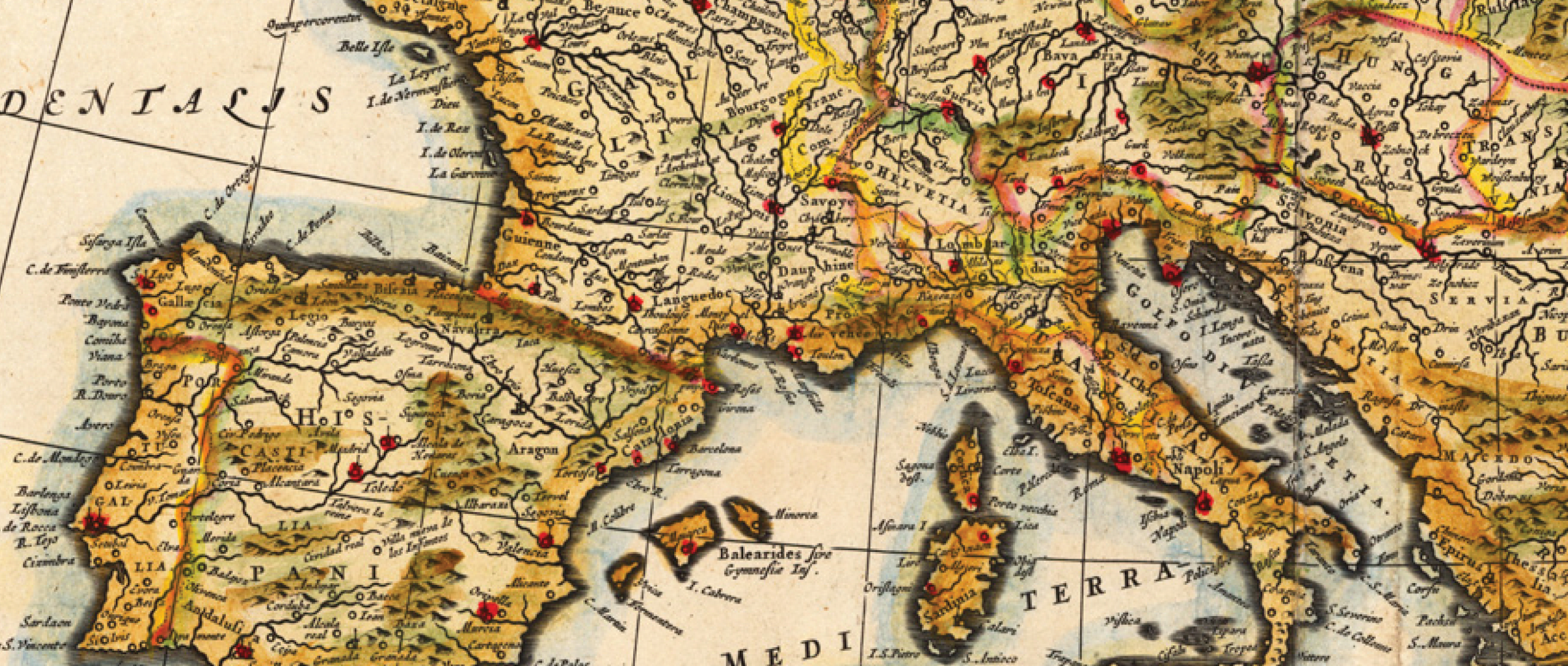

RMST 202: Introduction to Literatures and Cultures of the Romance World II (Modern to Post-Modern)
Fulfills the literature requirement of the Bachelor of Arts.
An introduction to the main themes that shaped the Romance World in the age of the nation state, imperialism, colonization, and decolonization.
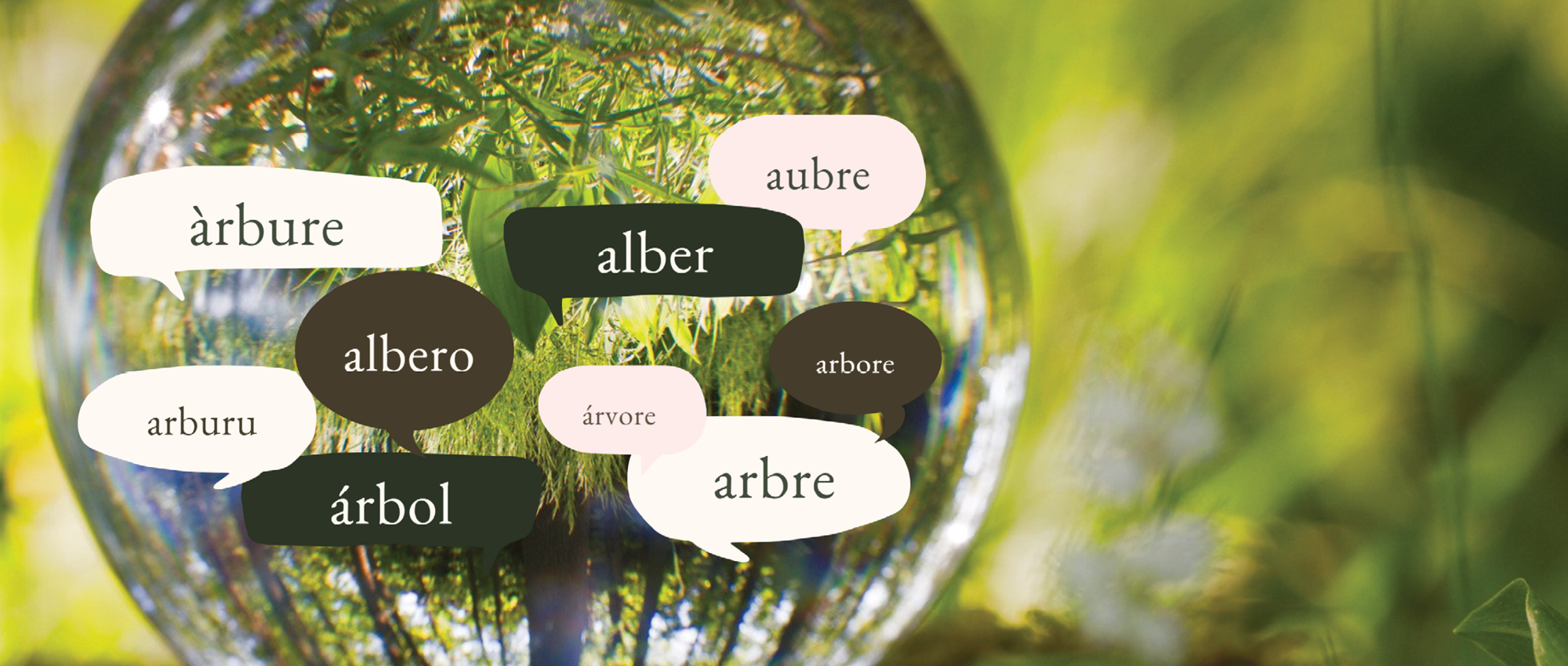

RMST 300: History of the Romance Languages
An introduction to the historical description and linguistic comparison of Romance languages, from the variants of late-Antiquity spoken Latin to the modern varieties of Romance languages.
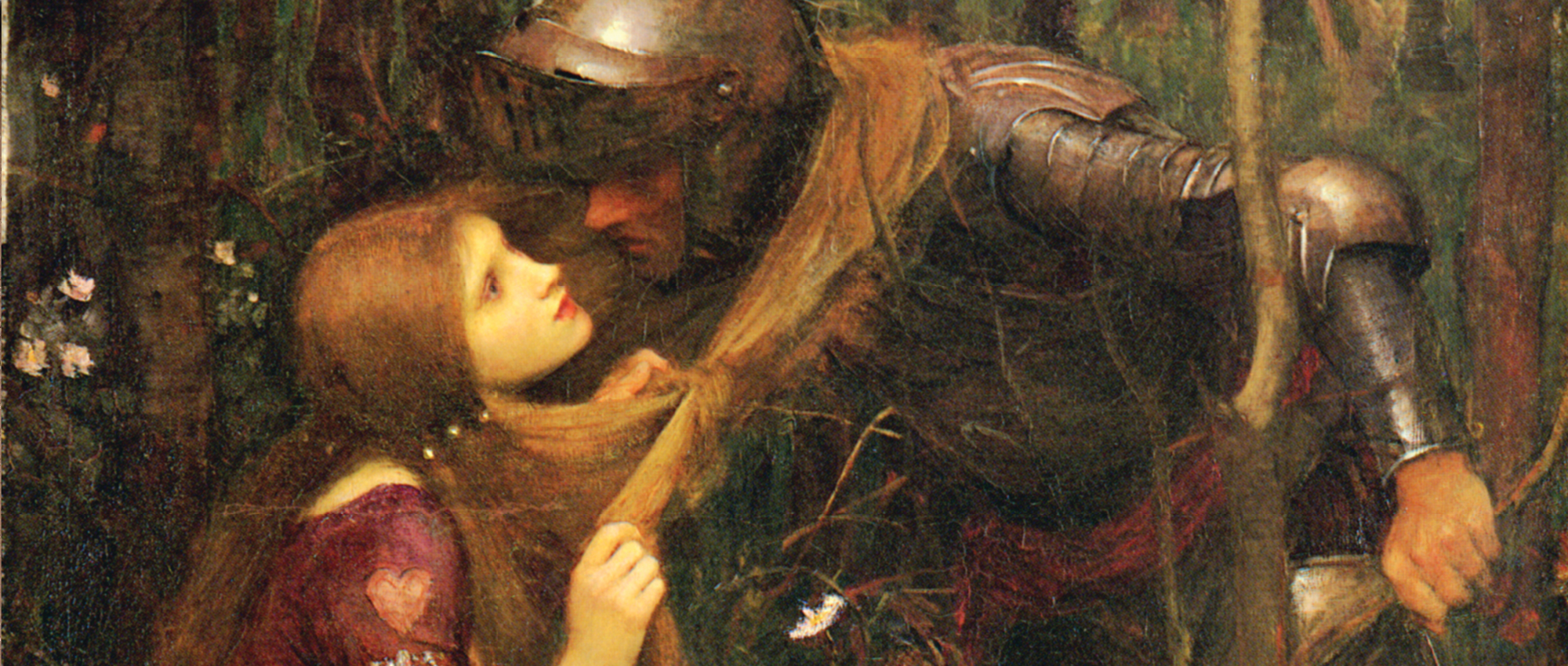

La Belle Dame sans Merci by John William Waterhouse (1893)
RMST 321: Tales of Love and Adventure: King Arthur and the Matter of Britain in Medieval French Literature
Fulfills the literature requirement of the Bachelor of Arts.
Cross-listed with MDVL 301.
Was King Arthur really in control of his realm? Why was it so important for his knights to find the Grail? Who was the greatest Knight of the Round Table? Why is love so crucial in Arthurian stories? Was the “damsel in distress” cliché as prevalent as we believe in medieval literature? These are just some of the questions that will be explored in this course.


